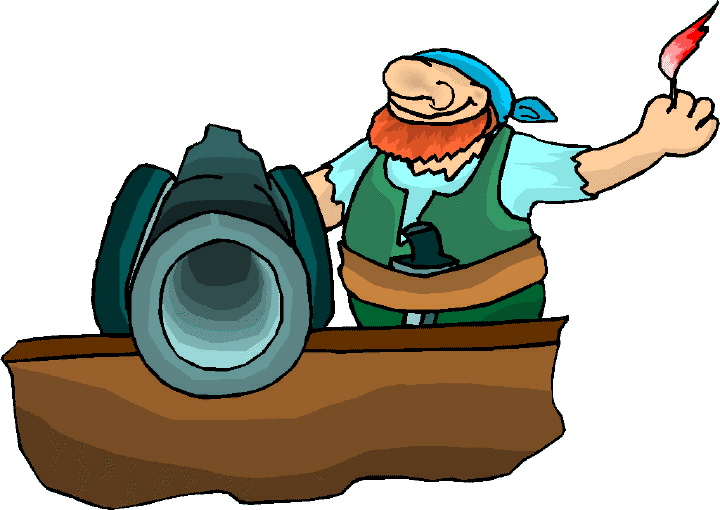 Pirates and Privateers Pirates and Privateers
The History of Maritime
Piracy
Cindy Vallar, Editor
& Reviewer
P.O. Box 425,
Keller, TX 76244-0425
    
Books for
Adults ~ Miscellany

The Pirate Primer: Mastering
the Language of Swashbucklers and Rogues
by George Choundas
Writer’s Digest, 2007, ISBN 978-1-58297-489-7, US $19.99
/ CAN $24.99
    
In 1995,
two guys – John Baur and Mark Summers – decided we
needed a day devoted to pirates. Thus Talk Like a
Pirate Day was born. But how exactly did pirates
talk? What words and phrases did they use? How did
they put a sentence together? Did they follow
ordinary rules of grammar, or did they make them up?
Unfortunately, no one ever bothered to write a book
that answered these questions.
Until now!
George Choundas, a lawyer and former FBI agent,
wondered the same thing. While visiting Tampa Bay,
he and his wife visited a costume store. The pirate
behind the counter confessed to frequently charging
“out the door after tourists” and harassing “them
nine different kinds of pirate-like, then calmly
[he] steps back into the shop and resumes his
business.” George thought that had “to be the best
job in the world.” But how?
Most of us might ignore that niggling question.
George did not. He just had to know. To that end he
read forty-one books, watched twenty films and
thirteen television shows, and visited the most
famous of all pirate exhibits – Disney’s Pirates of
the Caribbean – to find out how to talk like a
swashbuckling rogue who preyed on ships traversing
the Caribbean during the golden age of piracy.
Figuring someone else might like to know what he
knew, George then wrote The Pirate Primer so
everyone in the pirate community might learn to talk
like a pirate.
Divided into two parts and twenty-two chapters, this
primer has everything you may possibly want to know.
There are greetings and partings, calls and
flourishes, commands and threats, oaths and curses,
insults and epithets, respectful ways to address
someone, retorts and contractions, questions and
replies, and toasts and declamations. He devotes a
full chapter to the most famous of all pirate words,
Arrgh! (Do you know this word has 44
definitions?) Chapter 16 covers cultural terms
related to piracy, the company and crew, arms,
torture and punishment, food and drink, currency,
time, distance and other measurement units, and
women. And that’s just Part I. The second part
covers the nitty-gritty: pronunciation, the wrong
way to talk, how to convert English into pirate
speak, how to form a sentence, and parts of speech.
Each entry in these two parts includes
pronunciations, meanings, explanations, and samples
from the various sources he studied. Each chapter
also begins with an introduction that often includes
events in pirate history. The final section of the
book contains three appendices. The first provides
you with openers, middlers, and closers to help you
create your own pirate speak, while the second
appendix covers the sounds these rogues often make
while talking. The final one is a sampling of
articles of agreements from fictional pirates
(Copley Banks and Peter Blood) and real buccaneers
(Edward Low, William Kidd, George Lowther, Henry
Morgan, John Phillips, Bartholomew Roberts, and
Woodes Rogers).
I don’t make it a habit of reading primers cover to
cover unless I have to (read: the teacher insisted),
but that’s what I did with Choundas’s book and every
page is a treasure to savor. The combination of
words, facts, quotes, and explanations provides
readers with a wealth of information. If you study The
Pirate Primer, you’re guaranteed to be able to
talk like a pirate next time September 19th comes
around.* If you’re a writer, your characters’
dialogue will come alive and sound more realistic.
This is an essential tool for anyone interested in
maritime piracy. More valuable than gold or silver,
you will guard this book closely, for many pirates
will be searching for this treasure the next time
they go a plunderin’.

Cindy with the author at
PyrateCon 2007
*Note to English teachers: “The real rule of
pirate grammar is that there are no rules.”
Review
Copyright ©2007 Cindy Vallar

Click to contact me
Background image compliments
of Anke's Graphics |


